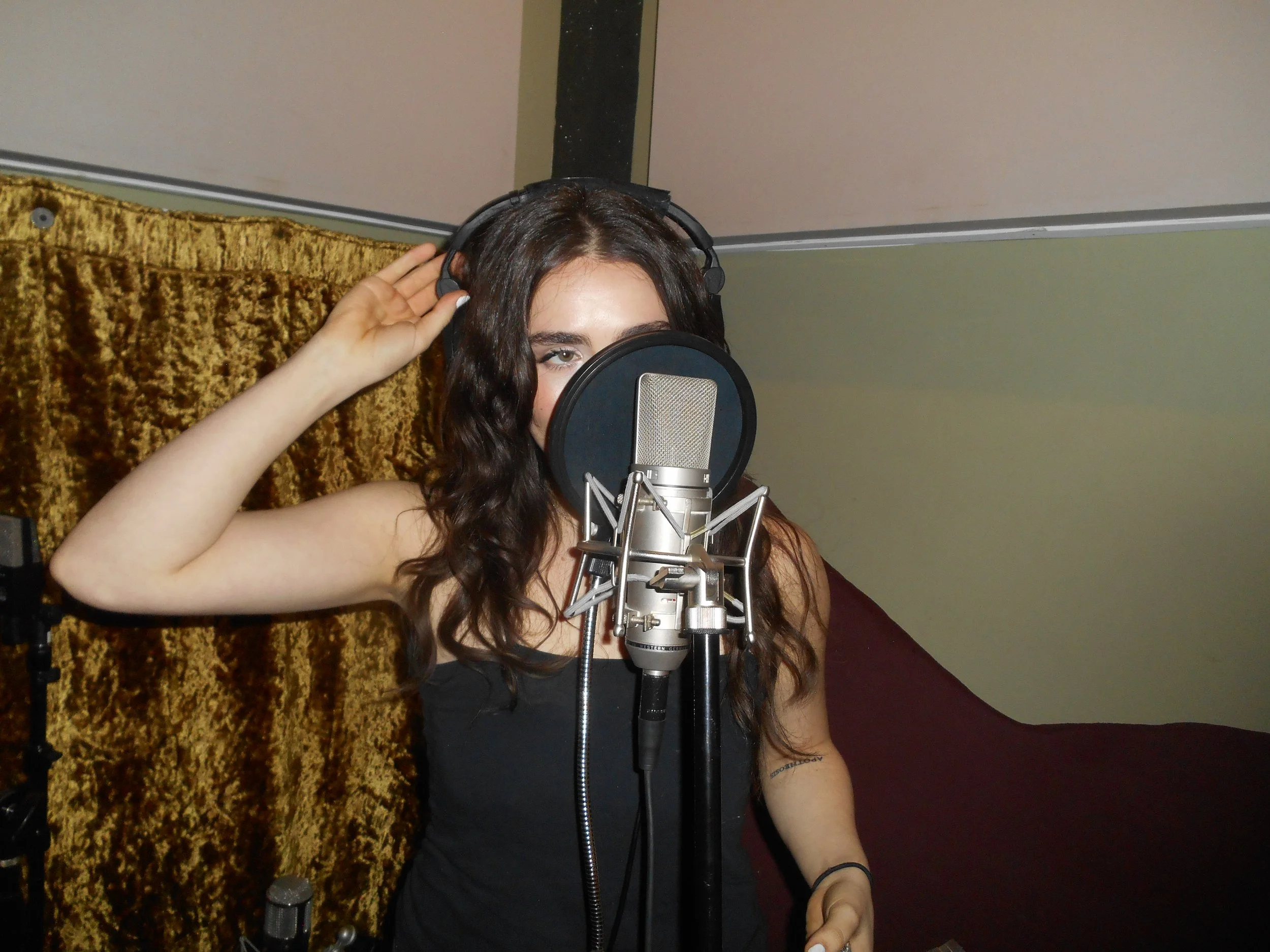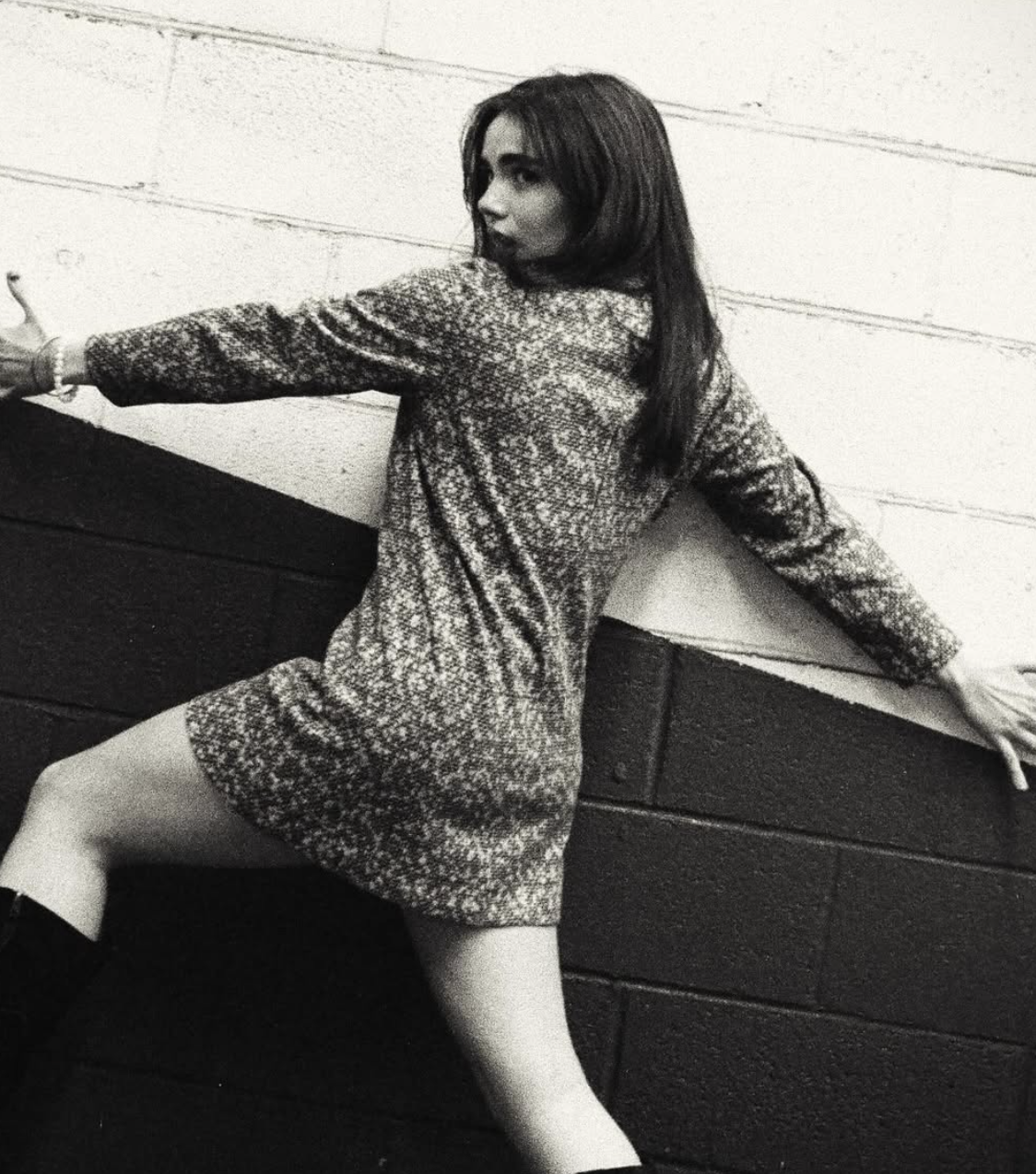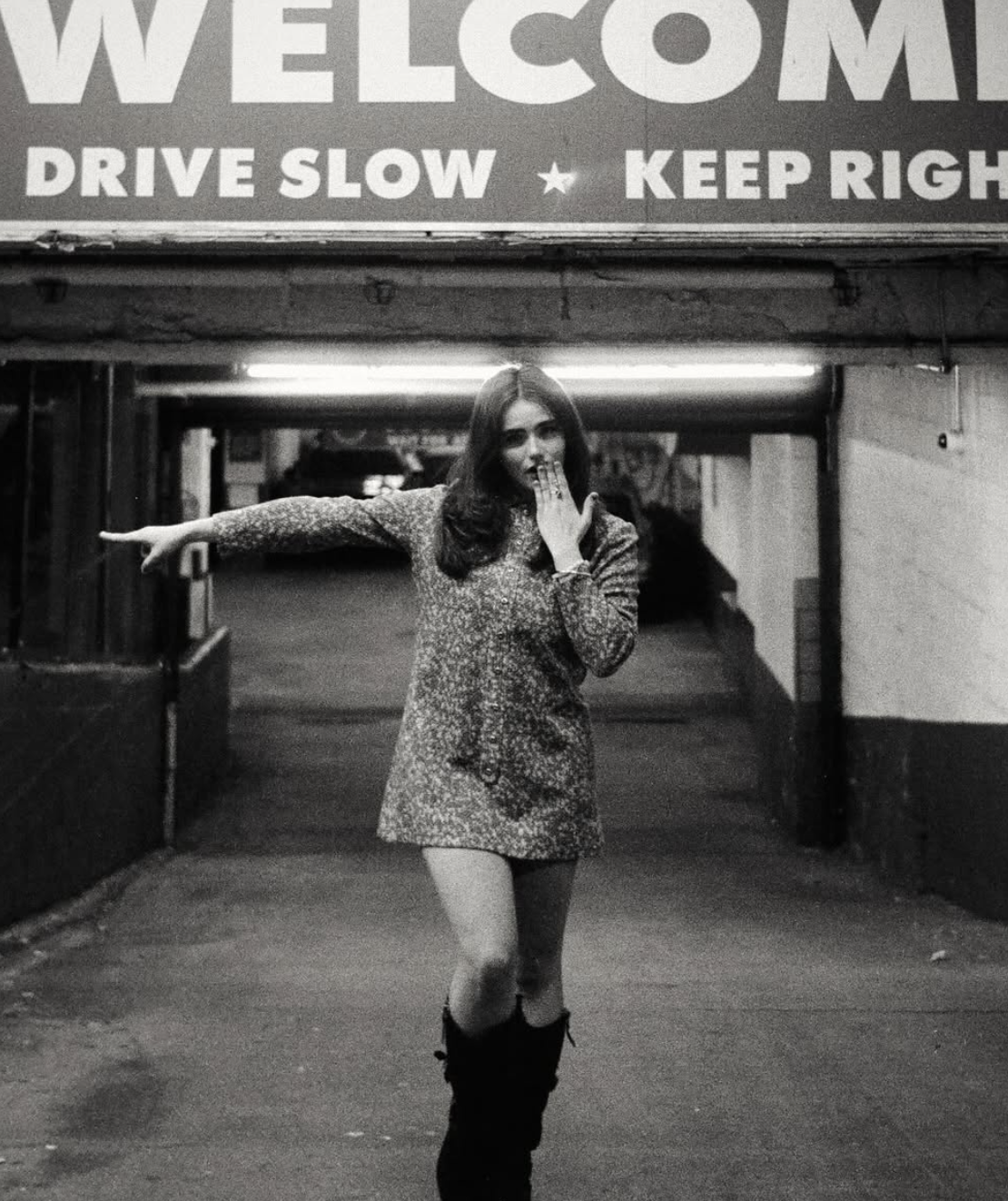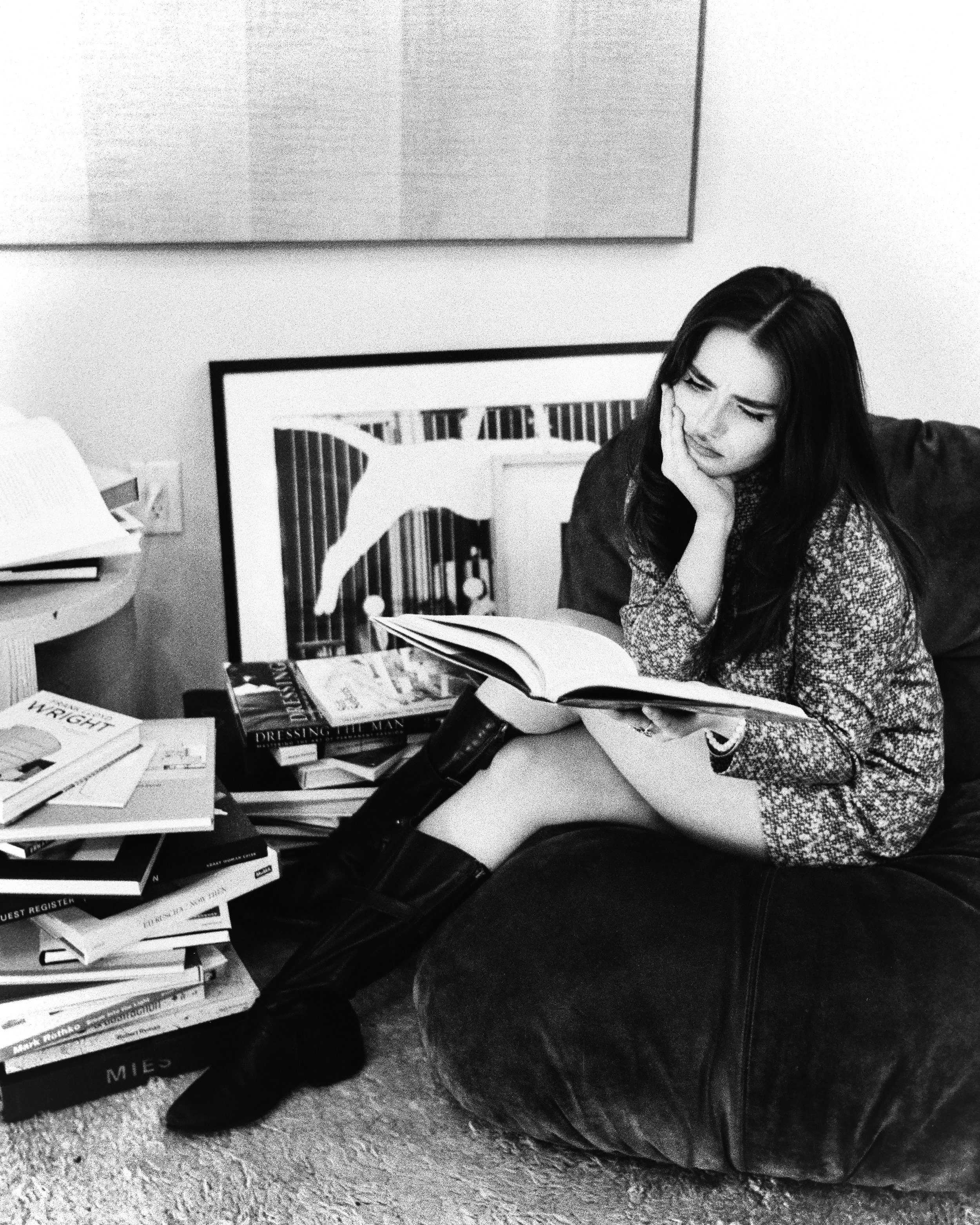APOTHEOSIS
VOCALIST AND SONGWRITER
ARTICLE NO. 01
Angelina gives us an inside look at the ballet community, perspectives on the metamorphosis that comes with failure, and shares a personal philosophy lesson that helped her grow as an artist.
COMING SOON
Woah hold your horses, we’re cooking up some amazing things in the CR kitchen.
COMING SOON
Girl, read the text box next door. Good things take time and patience is a virtue. Stay strong, we know you’re so interested in what our creator has to say.



